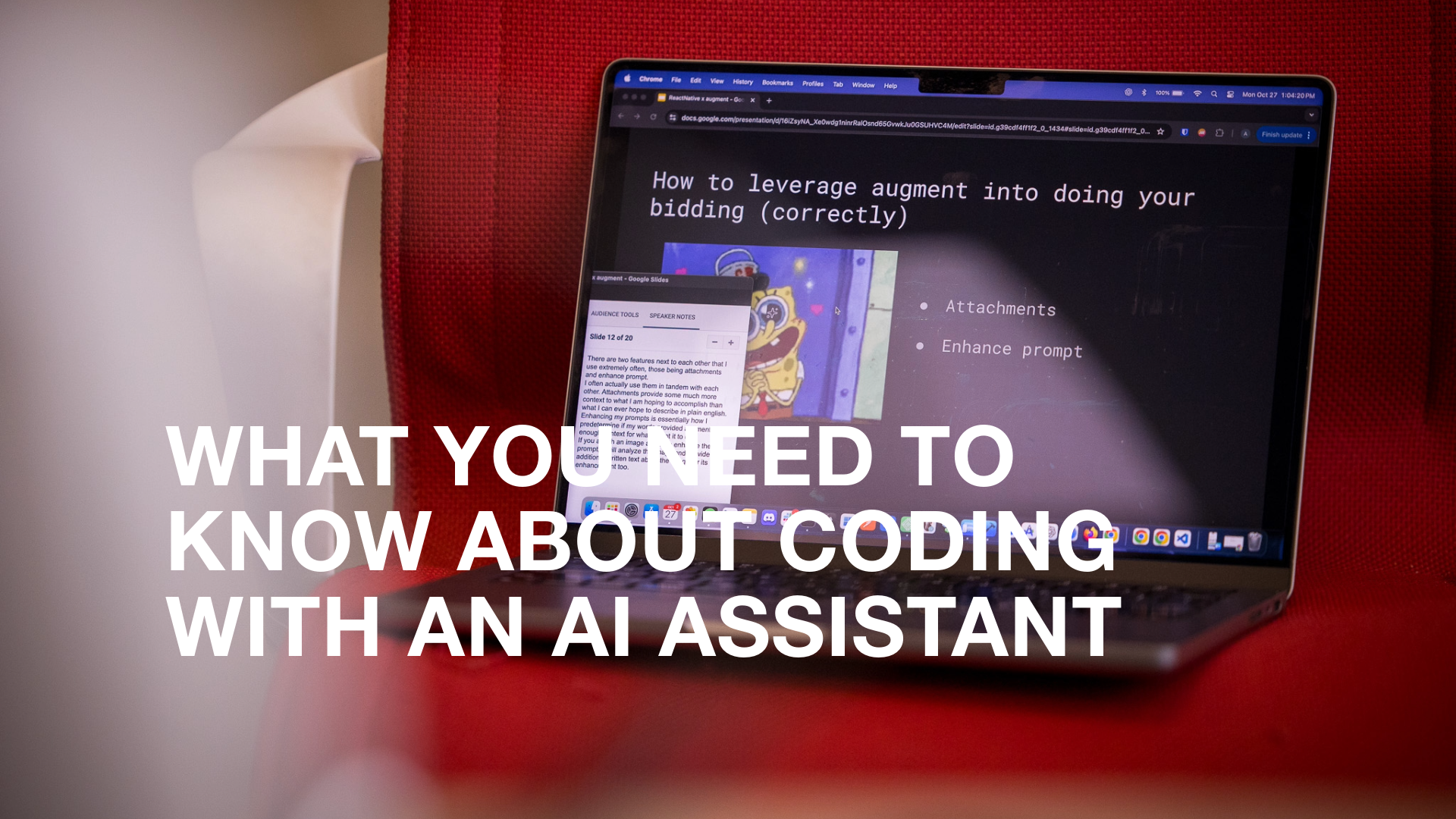Security is the foundation of everything we build—from mobile apps to websites to backend APIs. Every day presents new challenges for all software developers. Whitehat hackers (the good guys) might uncover a security issue with an operating system that needs to be patched. A cloud service provider might alert developers to a new attack threat requiring updates on how mobile applications interact with their services. Then there are the blackhat hackers (the other guys) who are constantly on the hunt for new attack surfaces they can exploit for profit.
If that isn't enough to keep developers up at night, we can add in the looming threat of quantum computers. While these next-generation computers are still in their infancy, they present a future threat where they will eventually be powerful enough to render all of our current encryption instantly obsolete.
Why is today's encryption technology at risk?
Most of the underpinnings that protect all of today's internet traffic use public key cryptography like Elliptic Curve Cryptography or RSA. These types of encryption are incredibly vulnerable to shortcuts that can be achieved with quantum optimizations. Quantum computers will be powerful enough to break almost all of today's encryption—from Apple Messages to financial industry servers.
There are a few exceptions to this. The Advanced Encryption Standard (AES) is a different type of encryption with a shared secret key used for different tasks including backups, disk encryption, and document storage. While not "quantum proof encryption”, security researchers have said that quantum shortcuts can reduce the security of AES but not fully break it at this time.
But basically, everything is toast. Eventually.
What is the risk?
Scott Vanstone created Elliptic Curve Cryptography in Waterloo Region while he was a mathematician and cryptographer at the University of Waterloo. He cofounded Certicom in 1985, and the company became the leading provider of Elliptic Curve Cryptography technology to companies worldwide, including a little-known at the time smartphone maker—Research In Motion.
Elliptic Curve Cryptography evolved from the RSA standard and allowed for the same level of security with smaller key sizes. The problem is that the two math problems that those schemes are based on now have quantum shortcuts. Once we have a powerful enough quantum computer, it can cut the computation time from longer than the universe has been around to a few hours or days.
Security professionals have been working for quite some time to give the whitehat community development tools that can resist quantum attacks. We need quantum-safe cryptography to retrofit and safeguard everything about the current internet as it stands today. Without these tools, it will be an open season on the security infrastructure.
Solving the quantum threat in Waterloo Region
The National Institute of Standards and Technology in the U.S. has been running a competition for potential solutions that could be a replacement for today's encryption. Mathematicians and cryptographers are submitting candidates to be the next recommended quantum-safe encryption algorithm we can use to build our defenses to replace these existing mechanisms.
This approach is more of a replacement than a patch of an existing thing because what we have now is fundamentally broken. There is an added risk that even without the right quantum computer, bad actors are harvesting and storing terabytes of encrypted data that they will be able to break into at a later date.
Waterloo Region is home to the Institute for Quantum Computing at the University of Waterloo and ISARA Corporation, a developer of crypto-agile technologies and quantum-safe cryptography. Earlier this month, Public Safety Minister Marco Mendicino announced an investment of $675,000 to help IQC develop technology to quantum-proof Canada's networks.
"In the 21st century, cybersecurity is national security," Mendicino told the audience at the announcement event.
Scale challenges
One of the most significant challenges is the amount of encryption that will need to be secured against quantum attacks. When BlackBerry smartphones put Elliptic Curve Cryptography into daily use, the concept of the Internet of Things was still a nascent idea. Today, billions of connected devices rely on traditional encryption to protect personal and business data.
Adapting and updating these billions of devices will be challenging and costly. Security professionals are working on getting everyone prepared in advance, but realistically, people aren't going to do anything until there's a fire. When news starts getting out that the first quantum attack has been successful, many businesses will scramble to update their systems.
Being prepared now means retrofitting systems before we're under an actual real-life threat. We're not talking decades—we are five to ten years away from quantum computers reaching the power they need to break today's encryption.
Not another Y2K
If you're old enough to remember the year 2000, you may remember the justified panic of the Y2K crisis. For a quick refresh, early software developers used two digits for the year to save valuable space—not thinking that their software would potentially still be used in the year 2000. Businesses and governments spent billions of dollars updating their software, and when the clock moved to midnight on January 1, 2001, everything kept working as it was supposed to.
The challenge now is that for many, the memory of Y2K was a non-event. Preparing for quantum computers should be taken with the same conviction we showed for Y2K. Making it worse, Y2K was a specific date, whereas the quantum threat is off in the future at an unknown time.
What's next?
In July, the NIST announced the first four quantum-resistant cryptographic algorithms, including the CRYSTALS-Kyber developed by researchers at the University of Waterloo. The NIST will use these four algorithms as part of its post-quantum cryptographic standard, which should be finalized this decade.
Security is the foundation of every application and service we use daily, from booking a spin class to making financial transactions. You may not think about it—or want to—but there's a threat in the distance that all organizations need to plan for.




